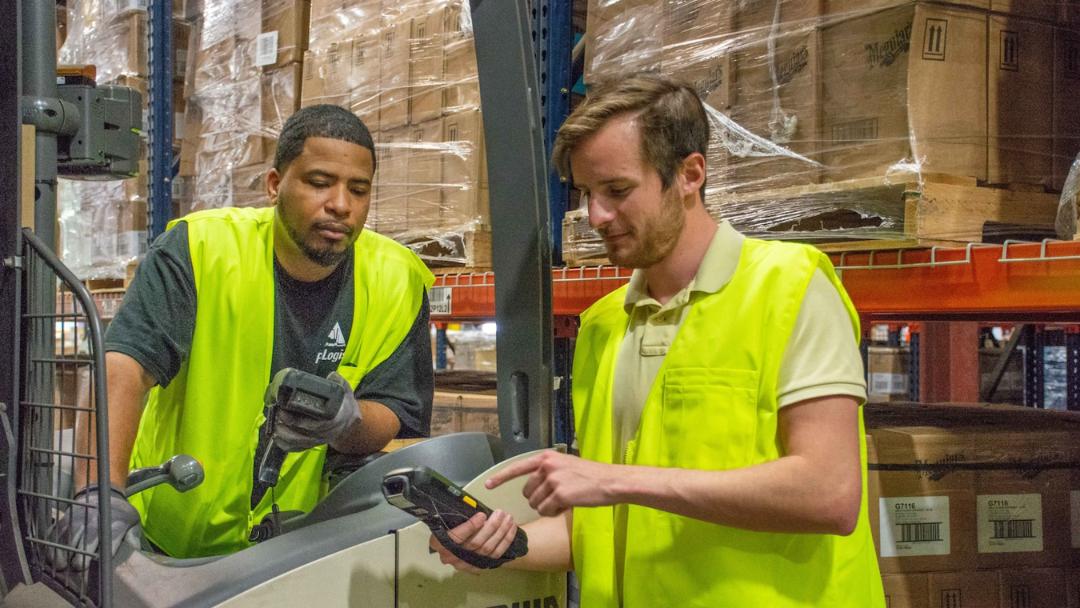Even though many workers have returned to work since the start of the COVID-19 pandemic, the warehousing industry is still battling a major labor shortage. The pandemic created a huge demand within online shopping and e-commerce spaces. Consequently, the warehousing sector is struggling to supply the staff needed to meet this demand.
Additionally, increasing numbers of highly skilled warehouse laborers are leaving the industry. EAM Mancosa reports that in 2021, the employee turnover rate in the warehousing industry was just under 50%. A looming recession might also present employers in warehousing with employment rate challenges. Should an economic recession hit, warehousing-specific organizations will need to ensure they implement measures to keep their most skilled and knowledgeable workers.
Here are some ways in which your business can work to maintain and even increase employee retention rates:
1) Improve health and safety
As Bloomberg explains, most warehousing companies expected their workers to keep coming in to work during the initial stages of the pandemic. Of course, this makes sense given that most warehousing jobs can't be completed remotely. However, many employees chose to leave due to fear of catching the virus and spreading it to their families. Business leaders will have to apply better occupational health and safety policies if they want to retain their employees.
2) Raise wages
Forbes reports that low wages have been a primary historical driver of employees leaving the warehousing sector. Many businesses have responded by increasing wages for their employees in a bid to prevent them from leaving, regardless of whether they work in a supervisory role. A study conducted by GlobalTranz and Edelman toward the end of 2021 shows almost 50% of supply chain companies are raising or plan to raise wages for their employees.
3) Change employee classifications
Many organizations hire workers as independent contractors rather than formal employees. This is primarily because employers aren't obligated by law to provide independent contractors with the same benefits (such as health care packages, paid time off and overtime compensation) as formal employees. Warehouse workers are cognizant of this discrepancy and are choosing to find employment that does provide those benefits. Employers in the warehousing sector will have to make the choice to reclassify their employees if they want to prevent them from looking for new jobs at other companies.
4) Let employees unionize
Gallup reports that nationwide approval of unions is at its highest since 1965 with over 70% of Americans saying they're in support of unions. Many companies in the warehousing industry—namely Amazon—have come under fire for preventing employees from joining unions, sometimes even firing workers who attempted to do so. As Quartz explains, unions (regardless of their sector) are crucial in ensuring that employees are treated well and compensated fairly. As more employees become aware of their rights and relevant labor laws, manufacturing companies would do well to allow workers to join unions of their choice.


